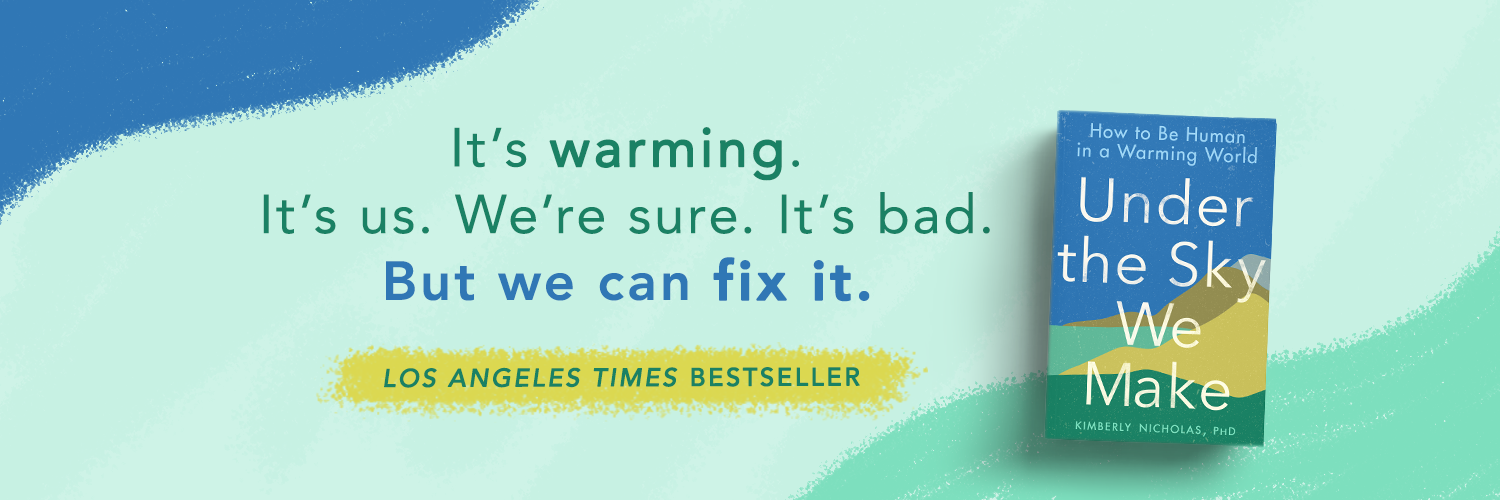|
I just read a New York Times article (posted by @eric_mazur*) that inspired me to post last year's final exam for my new students on the first day of our Earth Systems Science class. I have always shared last year's final as a teaching tool in the weeks before the exam, because I think it's the best study guide for students to work through it on their own or in small groups as they prepare. (Plus, it removes any possibility for cheating, which could be a temptation if last year's students are expected to keep old exams private after getting them returned.) I post just the exam for a week or so, and then post a compilation of the best student answers from the previous year to give an idea of what an excellent exam would look like. My reasoning is that I want all students who work hard to do well on the exam, and they will do their best if they have a realistic model to work with. After all, the most important thing I'm trying to teach is not facts, but a way of thinking, in particular, using data to support claims; the more exposure students get to this, the better.
However, this article by Benedict Carey just made me think about exams in a new way- as "learning devices" that can be "the key to studying, rather than the other way around." Psychological research has shown that pretesting can change the way we think, helping to prepare our brains to better receive, process, and hold on to relevant information when it appears. Testing, it turns out, is a powerful way to overcome the "fluency illusion"- thinking that we know something better than we do, because we study it in a vacuum where no competing plausible ideas exist. When presented with challenging competing ideas on a test, we're forced to reason our way through them to show we've really learned. The article describes initial research by Elizabeth Ligon Bjork (who heads the fantastically named "Learning and Forgetting Lab" at UCLA) and Nicholas Soderstrom, who presented psychology students with pretests. They found that pretesting increased their final exam scores by 10% (which can be a difference between a grade of C and B in the American grading system, for example). The researchers didn't give their students the final exam on the first day, because they didn't want them to be overwhelmed. I'm not asking my students to sit down and take a 3 hour exam - just posting it for them as a study resource. I hope they find it useful- stay tuned! * Walk down memory lane: The first time I learned anything about teaching (the horribly pedagogic-sounding but very important field of pedagogy) was as a "Kindergarten Through Infinity" fellow as a master's student at the University of Wisconsin-Madison. This was an NSF K-12 program that matched STEM grad students (who brought science content knowledge) with primary and secondary school teachers (who were expert teachers) to design learning activities for students ages 5 through 18. It was here that I first heard about and was inspired by Eric Mazur, the Harvard physics professor who turned his teaching upside-down when he realized his traditional lectures weren't producing deep learning, even for extremely bright students. His solution was the Peer Instruction method. This was the first time I heard about Think-Pair-Share and other teaching techniques I'm still using. Comments are closed.
|
Categories
All
Archives
November 2023
|
KIM NICHOLAS
 RSS Feed
RSS Feed

